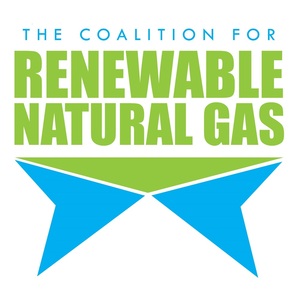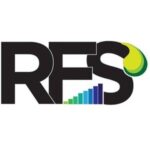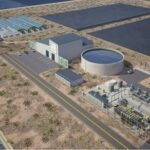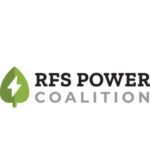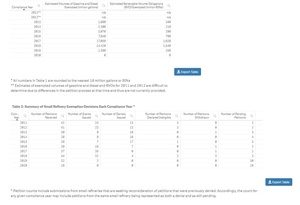RNG Coalition welcomes national debate on the viability of RNG
Energy Disrupter
ADVERTISEMENT
Earthjustice and Sierra Club on July 14 issued a report calling renewable natural gas (RNG) “too costly” and “environmentally risky” to replace current natural gas demand in buildings. The Coalition for Renewable Natural Gas said it welcomes a national debate on the viability of RNG.
In the report, titled “Rhetoric vs. Reality: The Myth of ‘Renewable Natural Gas’ for Building Decarbonization,” Earthjustice and Sierra Club claim that fossil gas alternatives (FGAs), including RNG, could only replace a small portion of natural gas, are up to 17 times more expensive than natural gas, have a mixed environmental record, and perpetuate the health impacts of combustion. Rather than biobased fuels like RNG, the report calls for building electrification.
The report ignores the many environmental benefits of RNG production and use, and the rapid growth of RNG production capacity. Data released by the RNG Coalition earlier this year shows 110 RNG production facilities were in operation in the U.S. as of the end of 2019, with 40 more under construction and 58 in the development phase. The fuel can directly replace natural gas in power, thermal and vehicle fuel applications and can be made by upgrading captured landfill gas or biogas produced through the anaerobic digestion of food waste, waste water or agricultural waste.
“Electrification is not a bad thing,” said Johannes Escudero, CEO of the RNG Coalition. “Like RNG, it is one piece of the puzzle. Our world needs a diverse portfolio of solutions to address our environmental challenges, not a single-stock gamble that places all of our chips on one technology. An all-or-nothing approach runs counter to having a resilient energy system and economy.
“Life on our planet is sustained and energized by organic materials,” he continued. “RNG is waste-derived, clean energy that is both a complementary and necessary part of a global climate change solution,” said Escudero. “RNG is produced from methane that would otherwise escape fugitively into the atmosphere as a short-lived climate pollutant and greenhouse gas. Our industry sustainably abates and recycles captured methane for productive, every-day applications.
“Although these groups may have meant to discourage RNG adoption in buildings with this report, we are confident that the facts, good science and common sense will prevail,” Escudero continued.

